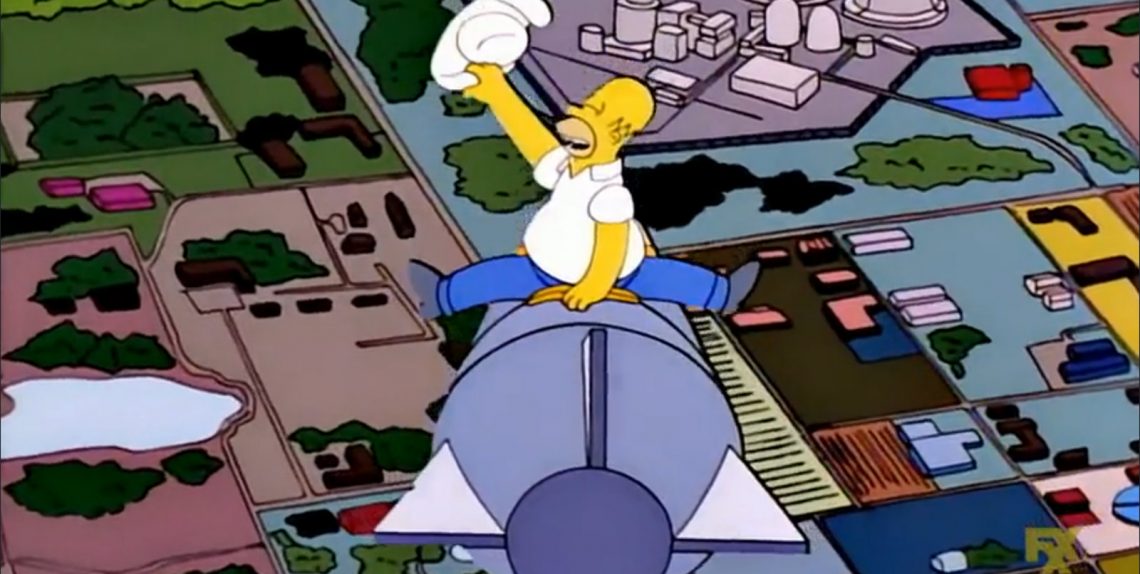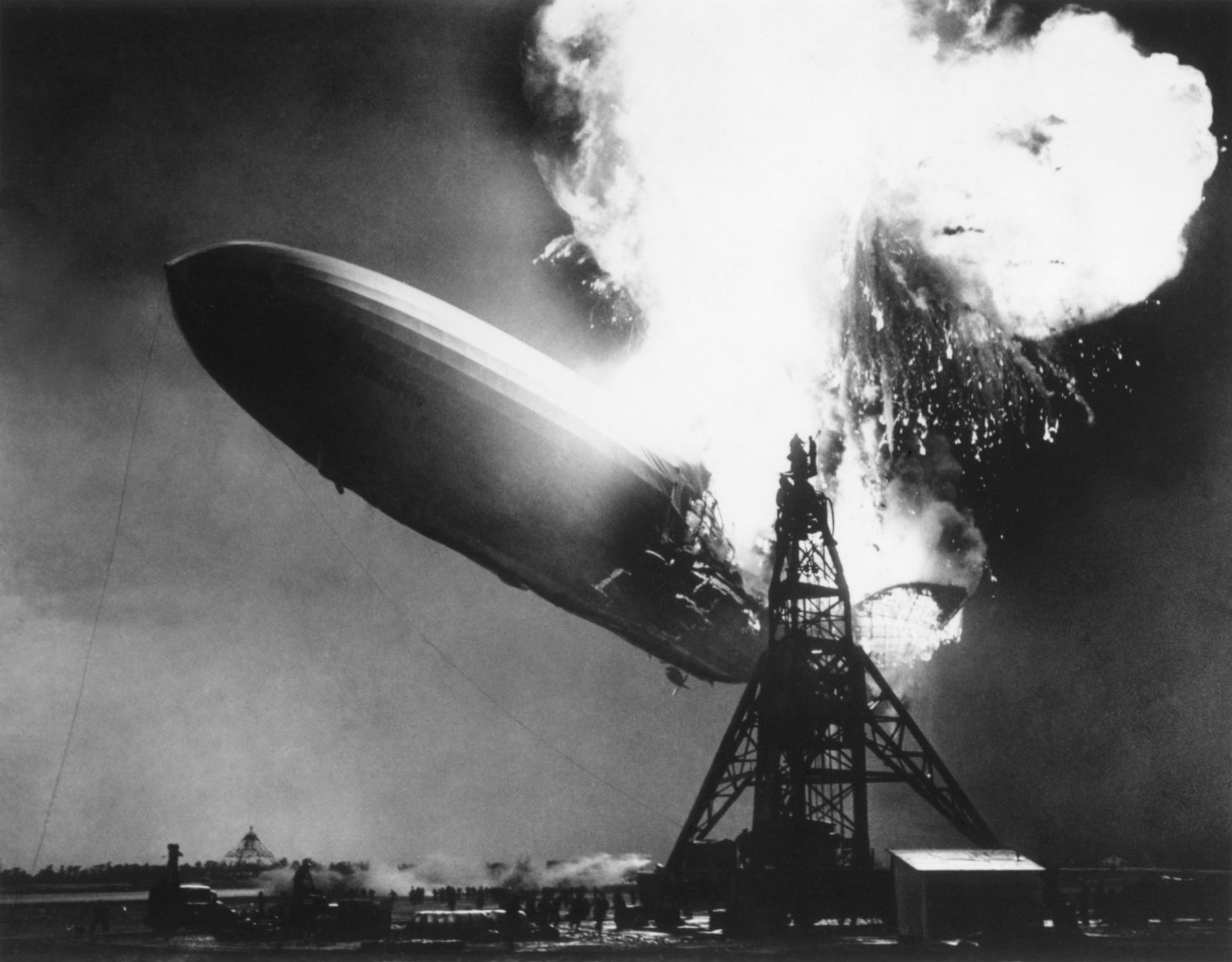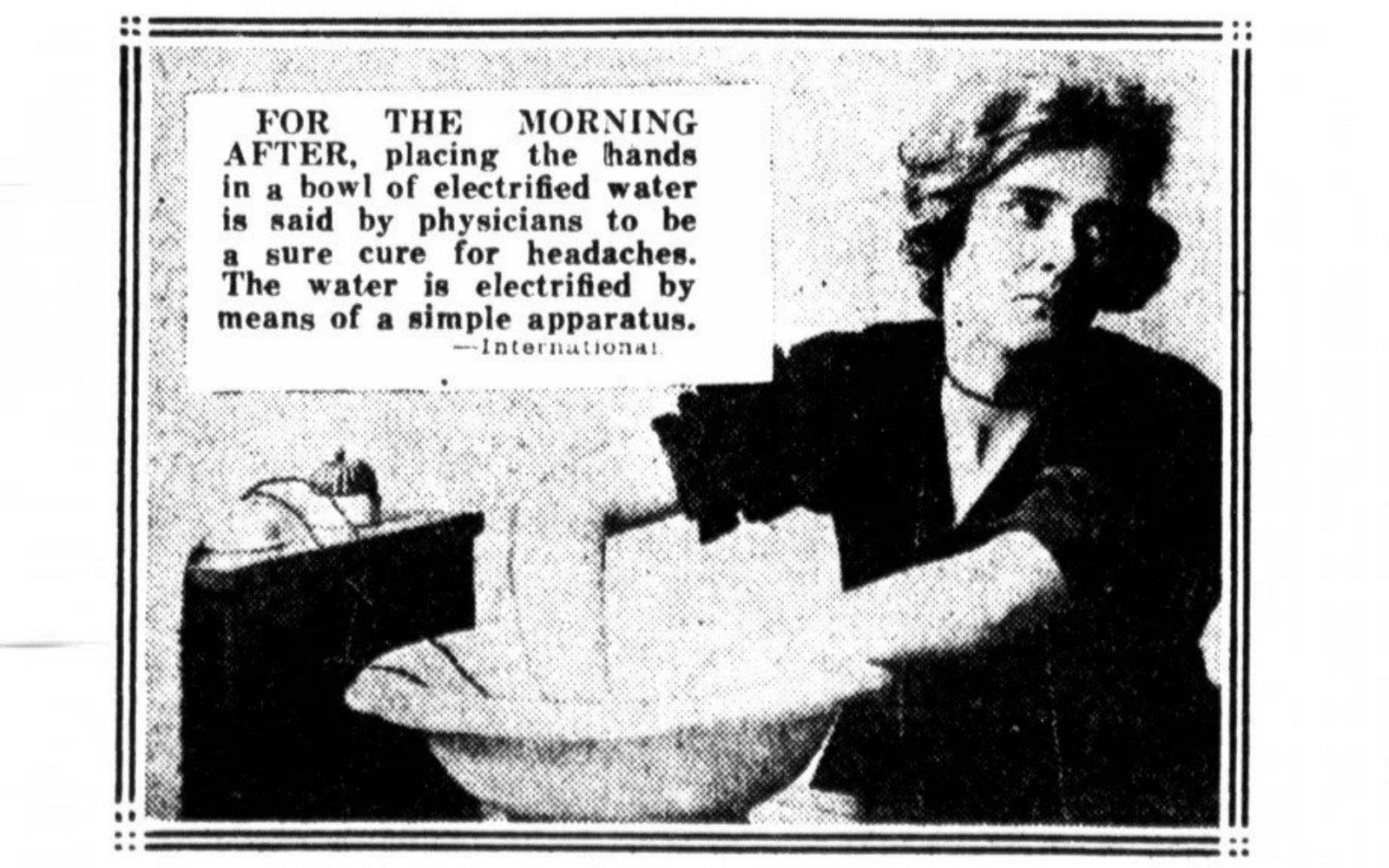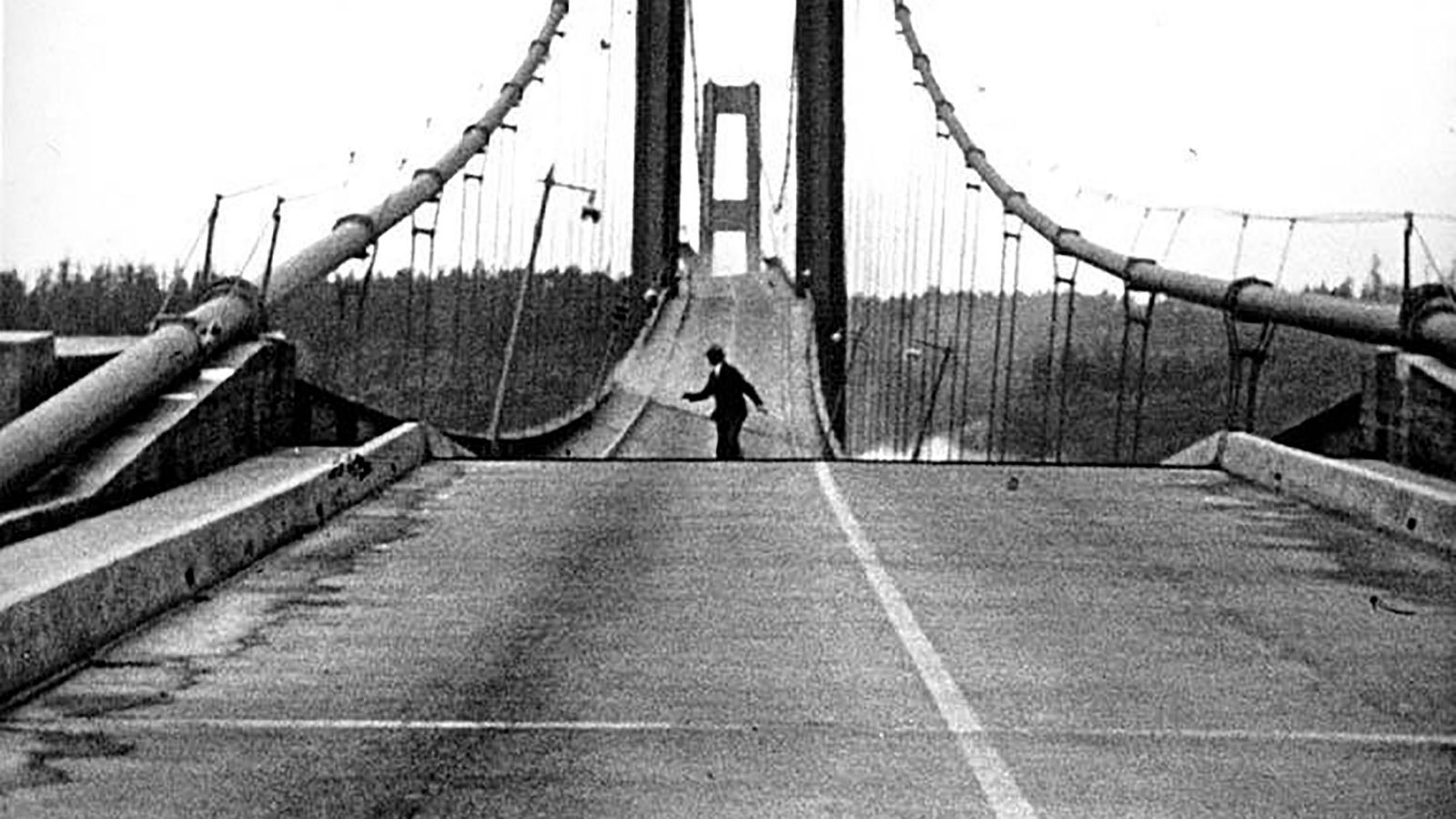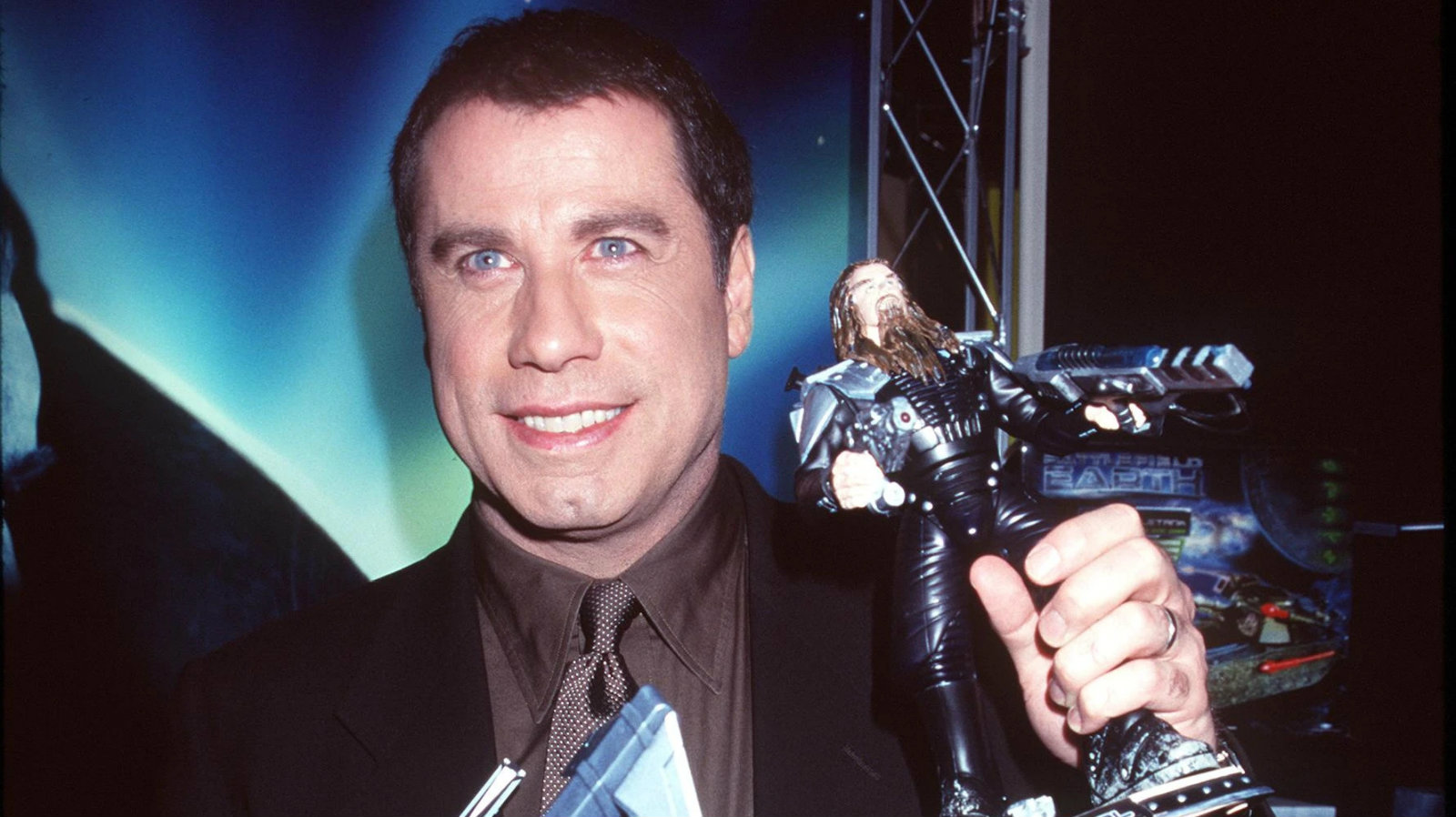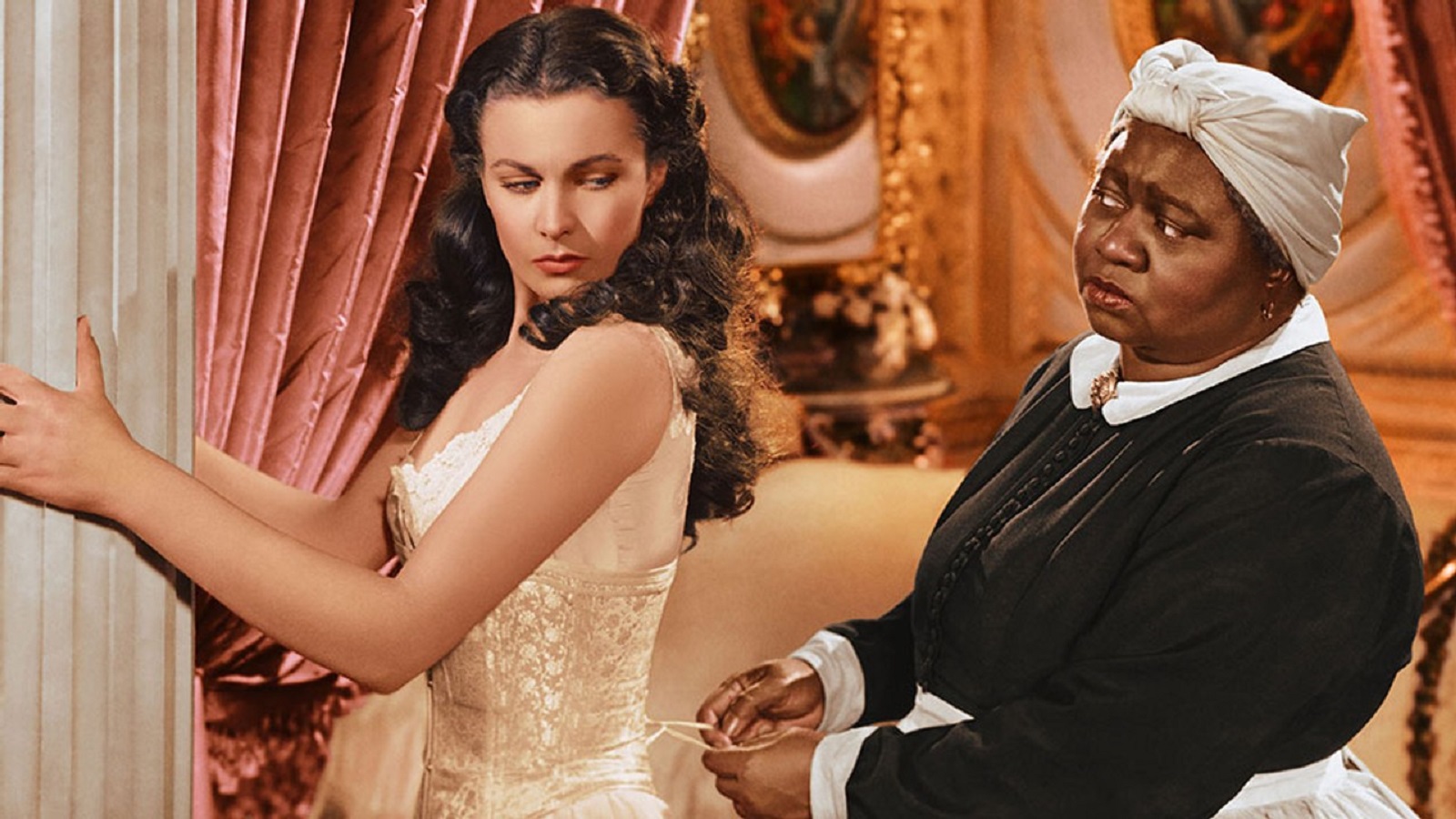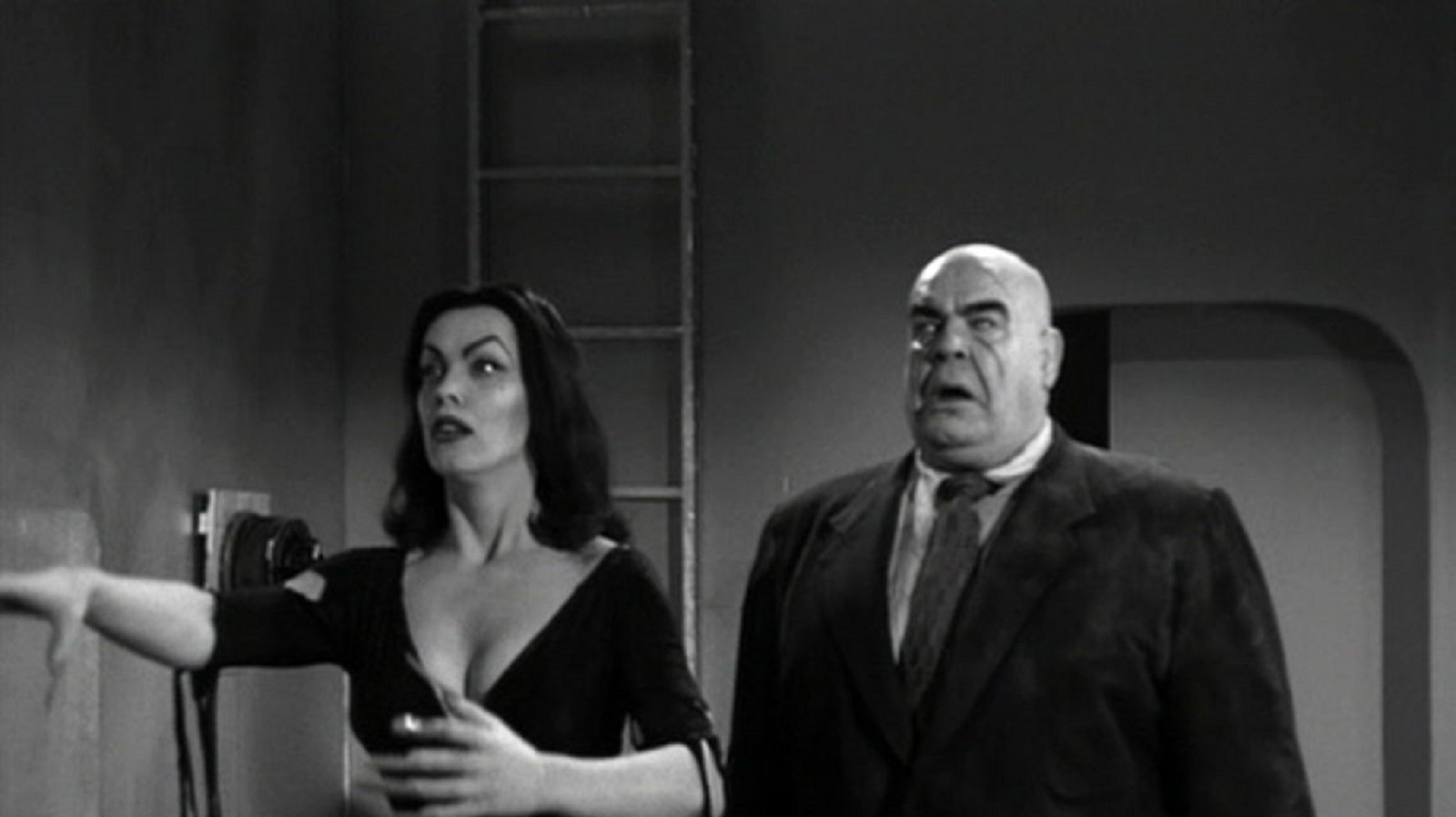The worst films ever made: By the time the credits roll on John Travolta’s harrowingly stupid Battlefield Earth, there is really only one question that demands an answer: What, exactly, did we do to deserve this? Yes, these are the films so bad, the viewing experience so traumatizing, that consenting to Chinese water torture quickly becomes the preferable alternative. We’re not just talking about irredeemable BE-esque atrocities here: Think offensively outdated social attitudes (see: Disney’s notoriously racist Song of the South), hopelessly off target humor (pretty much everything Adam Sandler has attached his name to) and hilariously shoddy production values, (Birdemic, anyone?). These are our picks for some of the worst films ever to grace the silver screen.
Battlefield Earth (2000)
Bottom-of-the-barrel bad. “A cross between Star Wars and the smell of a**” is how comedian Jon Stewart described John Travolta’s passion-project adaptation of the sci-fi novel by Church of Scientology founder L. Ron Hubbard. Collectively battered by critics as one of the worst films ever made, the futuristic triumphalist tale of enslaved humans rebelling against their alien oppressors hasn’t aged well, it’s just aged, to the unshakeable embarrassment of its makers. With the (oddly dim-witted) ruling aliens dressed up as molding rastafarian rockers, actors refusing to blink as they strain to emote, and every other shot inexplicably filmed at a 45-degree “Dutch” angle, it’s no surprise this box-office flop bankrupt its production company. You won’t be able to unsee it, so do yourself a favor and steer clear of this colossal mess.

Gone With The Wind (1939)
A classic fit to cancel? Critically acclaimed and a runaway financial success when released in 1939, Gone With The Wind was recently pulled by HBO Max in the wake of the race-focused civil unrest currently sweeping the US, prompting a discussion on the merits of “erasing” problematic or dated culture, and a reexamination 75 years later of the treasured classic itself. The production value is top-shelf and the pace of its four-hour runtime is well managed, even if the film is tonally inconsistent. The issue lies in its glorification of the slave-owning antebellum south and “painful stereotypes of people of color,” as screenwriter John Ridley notes in his petition to HBO for its temporary removal. Against censorship, Ridley argues for the film to be restored to the platform with extra material to better inform audiences of its historical context. Sure enough, a few weeks later the film returned to HBO with an added introduction by film expert Jacqueline Stewart who calls it “a major document of Hollywood’s racist practices of the past.”
The Room (2003)
One room not to get stuck in: In 2003, the elusive Tommy Wiseau wrote, produced, directed and starred in the now-famous disaster that became The Room. It set out to be a moving melodrama about a love triangle, but with a flimsy narrative, subplots that went nowhere, and an off-key over-the-top performance by Wiseau, it ended up being a barrel of laughs instead — and not in a good way. In an attempt at shrewd revisionism, Wiseau tried to market it as a black comedy, but audiences saw right through the conceit. Five years down the line, the “Citizen Kane of bad movies” had gained cult status as a midnight screening favorite, with rowdy audiences yelling “Focus!” at blurry shots or poking fun at Tommy when he stares into the camera. Actor James Franco immortalized the film’s making in 2017’s The Disaster Artist, earning himself a Golden Globe for playing Wiseau himself.

Plan 9 from Outer Space (1959)
So bad it’s good? Notorious hack Ed Wood’s sci-fi classic about an invasion of aliens that raise the dead to take over earth (Plan 9) set out to be a bone-chilling horror film, but its cheap production values elicited nothing but giggles from viewers. With spaceships made of paper plates, pillows to cushion an actor’s fall clearly visible, several screams emanating at once from another actor’s mouth, and the boom mic making a repeat guest appearance, to name just a few gaffes, it’s a fun fest that was never to be. As Rotten Tomatoes aptly put it, it’s “one of the worst movies ever to disgrace the screen,” and its status as a camp cult classic has been cemented. See Tim Burton’s underrated biopic “Ed Wood,” with Johnny Depp in the title role, for a glimpse into the life of this gloriously weird filmmaker.
